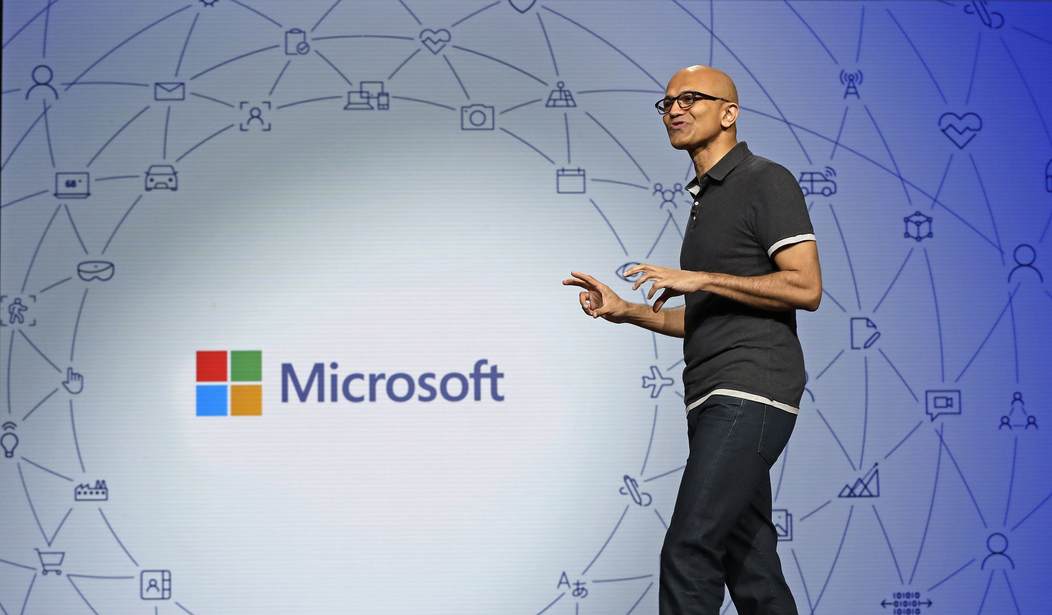A recent article in Fortune detailed how a security flaw in Microsoft 365 Copilot, the AI assistant built into Microsoft Office applications like Word and Excel, could have allowed hackers to access sensitive data connected to the AI agent.
Perhaps of most concern, this vulnerability (which Microsoft says it has since fixed) allowed hackers to simply send an email to a user to gain unauthorized access with no phishing or malware required.
The “EchoLeak,” as the security flaw is known, is the first known AI security vulnerability that doesn’t require users to click a link to become infected. This disappointing failure by Microsoft is just one more reason that Trump’s Federal Trade Commission needs to keep up the pressure on this tech giant.
Earlier this year, the US Federal Trade Commission moved forward with its sweeping antitrust probe of Microsoft. The investigation began under noted trust-buster Lina Khan during the Biden administration, and thankfully, Trump’s FTC Chair Andrew Ferguson isn’t letting Microsoft off the hook. The probe is looking at many facets of their business, from artificial intelligence to cloud computing.
Antitrust concerns about Microsoft’s AI business largely center around the company’s massive investments into OpenAI, the company that makes ChatGPT. Regulators are scrutinizing Microsoft’s decision to dramatically cut funding for its own artificial intelligence development after entering into a deal with OpenAI.
Recommended
The concern is likely that Microsoft is trying to unfairly stifle competition in this burgeoning sector of the tech industry. This is apparently how Elon Musk sees it; late last year, he expanded his antitrust lawsuit against OpenAI to include Microsoft. The combined power of these two companies make it hard for competitors such as Musk’s xAI to compete on a level playing field.
The FTC is also looking at how Microsoft structures licensing agreements for its cloud services. Microsoft’s competitors have complained that the way Microsoft bundles its popular office products with cloud services gives it an unfair advantage. By linking its must-have software products with dozens of ancillary applications, Microsoft makes it harder for other tech companies to compete. Consider, for example, the way Microsoft Teams is tied in with Office 365’s email and productivity apps—how are competitors such as Slack and Zoom supposed to fight back when Microsoft wields such overwhelming market power?
Microsoft is just about the last big tech company we want wielding such outsized control, given its long history of security failures. Just last year, the government’s Cyber Safety Review Board issued a report detailing how Microsoft’s lax security measures led to top U.S. government officials’ emails getting hacked. Russian hackers have similarly taken advantage of Microsoft’s shoddy security to steal U.S. government secrets.
As Americans, we should all care about cultivating a fair tech market, especially when it comes to AI. After all, strong competition is what yields true innovation. If we want to beat China in the AI arms race, we need to put our best foot forward. That’s why FTC Chair Andrew Ferguson’s antitrust probe into Microsoft’s anticompetitive behavior is exactly what is needed. Only by insisting on a truly level playing field can America continue to lead the world on AI development.

























Join the conversation as a VIP Member